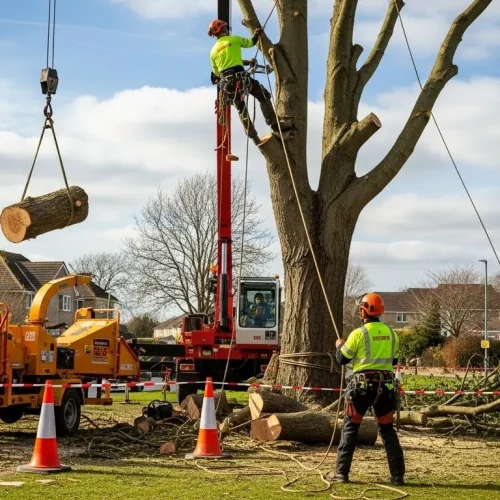
In 2025, people are increasingly turning to solar power as a reliable energy option. Many find them useful for camping trips, backup during outages, or even achieving full energy independence using an off-grid solar generator. These devices are truly the talk of the town, but they still come with some limits and considerations.
Read this guide to find the real pros and cons of solar power generators to know if they work for you in 2025.
What is a Solar Generator?
Solar power generators use panels to collect sunlight, which is then converted into power in a battery and converted into useful energy using an inverter. These generators are economical, require minimal maintenance, and does not cause pollution, as gas-engine generators do. They are also a good source of energy backup, especially in the case of camping, RVs, emergency backup, and off-grid living. They are commonly used as portable solar generators by people to take to the camp, or as larger units to supplement power in the house. Moreover, they come in various sizes; small devices are portable, and off-grid solar generators are used in large systems.
What are the Benefits of Using Solar Generators?
1. Renewable and Clean Energy
The biggest perk is their reliance on renewable energy sources. You avoid fuel costs and harmful emissions while using sustainable power.
2. Simple to Operate and Requires Little Maintenance
Unlike gas generators, which require constant refueling, oil changes, and upkeep, solar generators are simple to operate. With few moving parts, they require almost no maintenance after setup.
3. Runs Quietly
Fuel generators often blare during camping or outdoor use. Solar power generators avoid this. They operate quietly, making them ideal for use at home or while traveling.
4. Saves Money Over Time
The starting price of generators might seem steep. But smart users see savings by avoiding fuel costs and using less electricity. Over time, they can cover the initial cost
themselves.
5. Easy to Carry and Use Anywhere
Small portable solar generators are easy to transport, being light in weight, and are easy to bring along on camping or on RV trips. Bigger ones work well to run home appliances during power cuts.
Problems with Solar Generators
1. Expensive to Buy
The main issue is how much they cost upfront. Good-quality solar generators start at a few hundred dollars and can go up to a few thousand, depending on how much power they hold.
2. Relies on the Weather
You can lose charging efficiency when it’s rainy or cloudy. If you don’t pair them with large batteries, you might end up with no saved power.
3. Lower Power Capability
Running a central air conditioner or heavy-duty tools is a common problem with most solar power generators. They function more effectively in off-grid solar generator systems that demand a moderate amount of energy consumption.
4. Takes Longer to Charge
Solar panels can also take hours or even a day before batteries are charged depending on the amount of sunlight.
Should You Invest in a Solar Generator in 2025?
Yup, as long as your lifestyle or location fits the requirement, solar energy can be used to reduce your electricity bills, in some cases cut in half, and in the case of off-grid user, even to zero.
- A solar generator gives dependable backup if you live in a place where power cuts happen often.
- They provide the freedom to travel, camp, or operate a tiny home without the noise of gas engines. However, when you have bigger appliances and need a more stable power supply, a conventional backup generator or hybrid could be the solution.
FAQs
A good solar generator stays useful for 10–15 years, though you might need to replace its batteries every 5–7 years.
Yes, though to a certain extent. A solar generator can keep important things like your fridge, lights, Wi-Fi, and medical gear running. However, you’ll need a big off-grid setup to power an entire house.
When comparing eco-friendliness and efficiency, solar generators hit the jackpot with their easy-to-transport and yet silent solar generators. Gas generators remain the best option in case you require large power units or just want something reliable, regardless of the weather.
Final Thoughts
A solar generator is not just another life convenience, but it is also a source of clean energy, independence, and a feeling of safety. You could choose a smaller portable solar generator to power your outdoor trips or a larger off-grid solar generator to supply your house. It all depends on the amount of energy required and that can be afforded.
To save in the long run and stay eco-friendly, a solar generator is a choice worth thinking about.













